For many, Chinese dream means happiness
Updated: 2013-09-06 08:01
By Wang Shanshan in Beijing (China Daily)
|
||||||||
Comparisons
Verna Liang is a prime example of the scourge of comparison. The office manager at a law firm in Beijing always feels tortured after a day's small talk with her co-workers - lawyers from China and overseas, who all earn far more than she does.
"Every lunchtime, they talk about investing in property in California, buying villas in Shunyi (a popular Beijing suburb), or, at the very least, sending their kids to international schools. Meanwhile, I have to ride the bus home," she said. However, she does wear a Cartier watch.
The tendency to make comparisons comes about because each person is, in a sense, two distinct people. Human beings constantly re-evaluate their lives; periodically one side of a person sits back and reflects, summarizing the events in their lives to date, while the other side experiences everyday life. A combination of the two affects people's moods, stress levels and decision-making abilities, according to some psychological theories.
However, compared with income equality, having an equal opportunity to pursue a better income is more important when it comes to personal happiness. "People hate inequality much more when they think it's unfair," according to the first UN World Happiness Report, published in April 2012.
About 70 percent of US nationals believe that the poor have a chance of escaping poverty, compared with just 40 percent of Europeans. While that belief makes US citizens happier, the data also indicated a greater degree of intergenerational social mobility in Europe, the report said.
To create equal opportunities, one of the first steps a government can take is to provide better education for the entire population, which helps to reduce social tension and, as a result, promotes a greater degree of general happiness, the report noted.
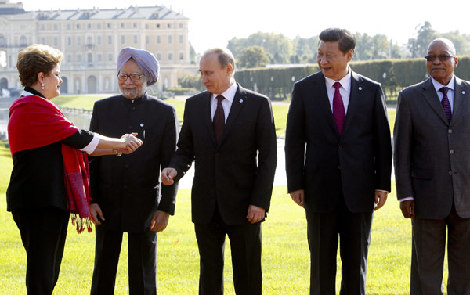
 China, Russia a step closer on gas supply
China, Russia a step closer on gas supply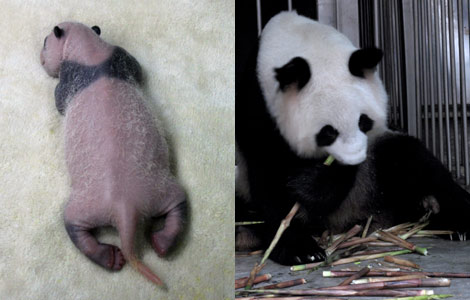
 18-year-old panda conceives triplets
18-year-old panda conceives triplets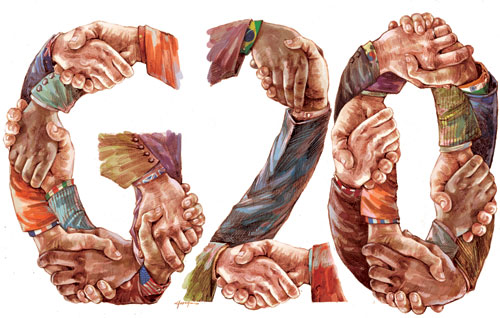
 Testing times for G20 leaders
Testing times for G20 leaders Homemade choppers make aerobatic stunt debut
Homemade choppers make aerobatic stunt debut
 World-class partners bring NBA global games to Chinese fans
World-class partners bring NBA global games to Chinese fans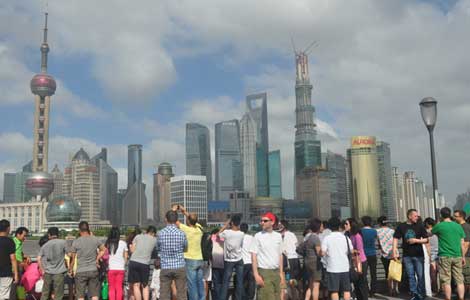
 Shanghai's visa-free policy lifts tourism
Shanghai's visa-free policy lifts tourism
 Panda twin cub born at Atlanta Zoo
Panda twin cub born at Atlanta Zoo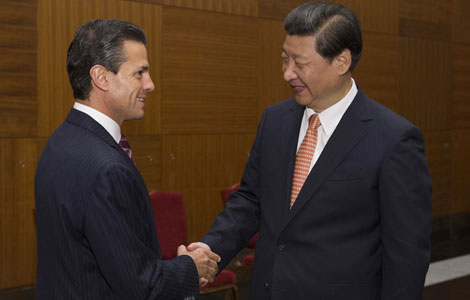
 Xi, Mexican president meet for third time
Xi, Mexican president meet for third time
Most Viewed
Editor's Picks

|

|

|

|

|

|
Today's Top News
China, Russia a step closer on gas supply
Japan to test wall for leaking water
Low-budget education abroad for working-class
Shanghai's visa-free policy lifts tourism
Brazil asks for apology from US on spying
Xi calls for closer G20 ties
US service providers eye China
Commuter aviation expected to take flight soon
US Weekly

|

|





